What is an Eco Shop?
Eco Shops are pop-up shops in schools and community venues of high-quality supermarket food. Because of over ordering or mis-printing on the packaging, the food would be thrown away. We want to stop this perfectly good food going to landfill, so it is distributed to Eco-Shops.
Eco Shops want this food to be used and not wasted. Local communities can visit an Eco Shop (with their own shopping bag), and for a suggested donation of usually between £2 – £3, can choose 10 items that they want of a range of high-quality supermarket food.
The food in Eco Shops changes each week. Mainly Eco Shops will have a wide range of food and drink in tins, jars, packeted and bottles and a range of seasonal fresh fruit and vegetables. Some have chilled and frozen food as well.
Ethos
We do not want to be a part of a wasteful food system. We want to ensure ‘good to eat’ surplus food is being used and not wasted. We want to challenge and change the perception of surplus food and the environmental issues around food waste.
Vision
The vision of Eco Shops is to create opportunities for people to help ‘good to eat’ surplus food from being wasted, to challenge and change the perception of surplus food, redefining what can be achieved using surplus food and to change understanding of the environmental issues around food waste.
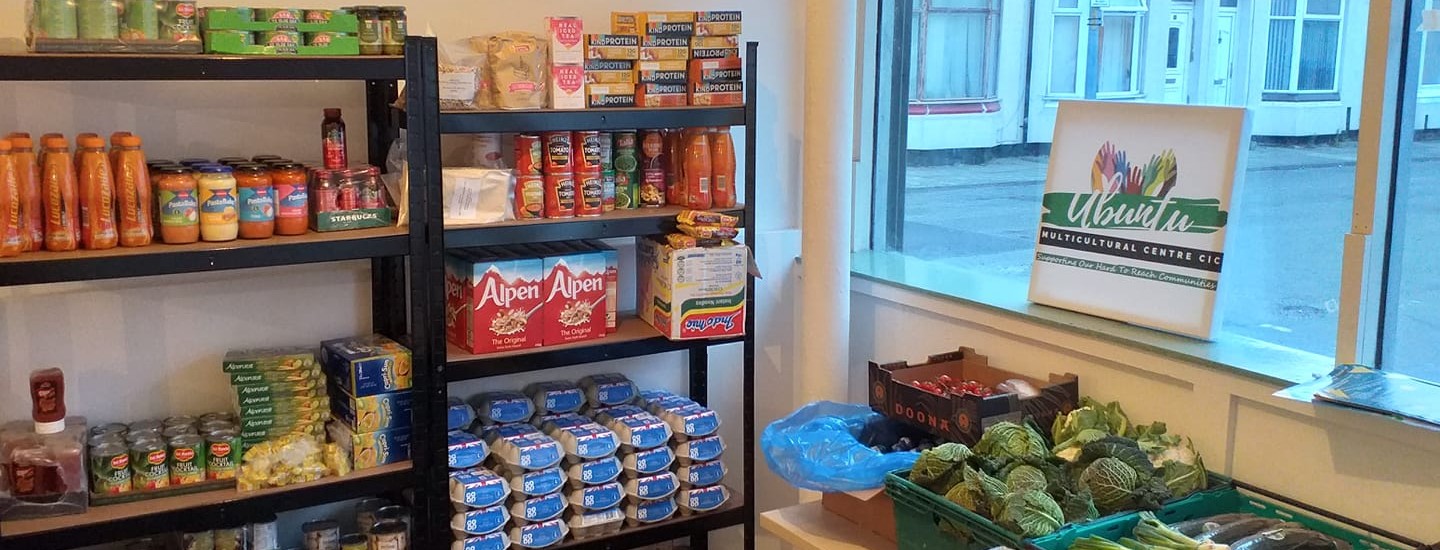
Background
3.6 million tonnes of food is wasted by the food industry every year in the UK. Over 2 million tonnes of the food that goes to waste each year is still edible. That’s enough for 1.3 billion meals.
In 2018, Middlesbrough’s Park End primary school worked with Middlesbrough Environment City to develop a project that helped tackle the growing levels of surplus and food waste by making it available to families of pupils of their schools. Surplus food was delivered by FareShare NE, who are part of a global movement who redistribute fresh in date and good to eat surplus from the food industry, which would otherwise go to waste.
The school’s pupil Eco Squad ran a pop-up shop (which they called an Eco Shop) once a week, making the surplus food delivered by FareShare available to families of pupils for a donation of £2 for 10 items, with some fresh fruit and vegetables free. The pupils embraced the environmental ethos of the project and encouraged parents to bring their own shopping bags.
News of the success of the Eco Shop model soon spread and more schools, including secondary schools started to open their own Eco Shops. Community venues also expressed an interest in establishing Eco Shops, providing opportunities for the wider community to help tackle surplus food and food waste. They also worked with local organisations and customers to create and distribute recipes for products that they might not normally choose but wanted to try.
Eco Shops are empowering local people and organisations to come together and make a difference both locally within their community and globally in tackling food waste. They have become extremely popular across Middlesbrough, with new Eco Shops establishing all the time, and now shops are opening across the North East.
The principles, ethos and vision of Eco Shops have been co-designed in partnership with Eco Shop hosts, Middlesbrough Environment City, FareShare NE and the Middlesbrough Food Partnership. All Eco Shops follow core principles but then add their own twist to their shop, making it work the best for their customers.

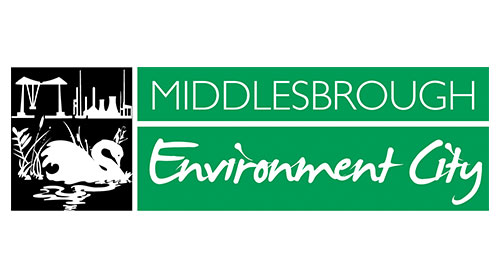

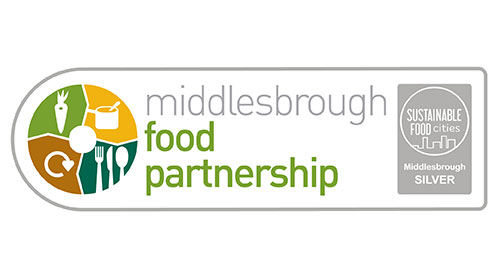
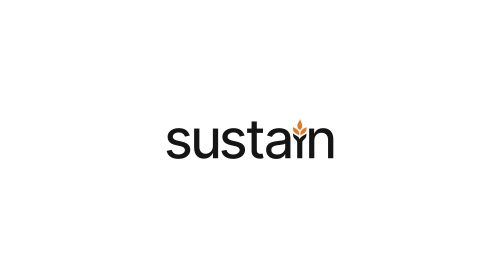
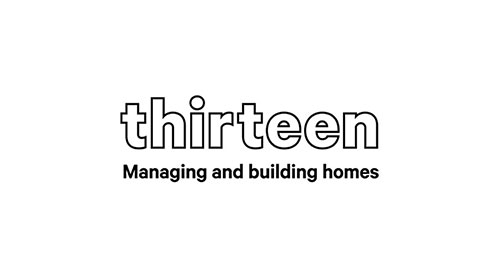

 Get in touch
Get in touch